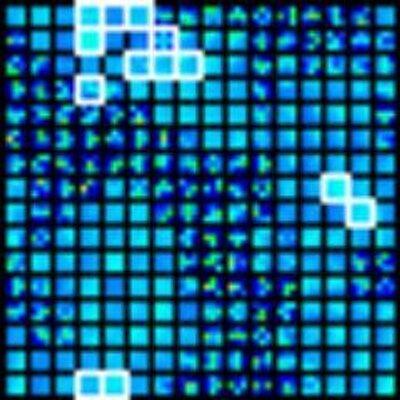
laion_idle_cap
Stars
7
Ecosystems:
Python
NOTE: INTENDED FOR INTERNAL USE ONLY
This is an internal repositroy of LAION. Using this script outside the LAION cluster will fail.
Dockerfile for Idle Captioning
This script generates synthetic captions for images of the LAION text-image datasets to utilize GPUs during 'idle' periods.
Setup & Run
Installing and running the captioning script on a fresh machine:
- Run
git clone https://github.com/andreaskoepf/laion_idle_cap.gitto clone this repository on the new machine. - Run
cd laion_idle_capto change to the newly created directory. - Run
./install_docker.shto install nvidia-docker. - Run
./pull.shto pull the captioning docker image which contains all dependencies. - Run
./start.sh --gpus 0-7 --workers 2to start the captioning script (detached) in a new docker container. If the--gpusoption is omitted all available GPUs are used. To select specific devices use comma separated device indices or indice-ranges (e.g.1-3or0,2,4). The--workersoption allows to launch more then one worker per GPU (recommended is 2 for full GPU utilization, default is 1). - Optionally run
./attach.shto attach your terminal to the running instance of the captioning script and see its output.
Note: Some of the scripts (e.g. start.sh and stop.sh) fail when they are launched by a user who is is not member of the docker group (e.g. you might see an error like 'permission denied to connect to the docker deamon socket'). In this case please use sudo to run them as superuser.
Stopping the Docker Container
- run
./stop.shordocker stop laion_cah
Other Script Files
-
start_bash.shstarts the docker container and launches bash (start attached, source will be mounted to/mnt/src) -
start_dev.shmaps the filedocker/c_h2.pyinto a new docker container and starts the script attached (useful for testing changes made outside the docker container, e.g. during development). -
build.shbuilds the docker image (e.g. laion_idle_cah:v0) -
save_image.shwrites the docker image into a tar file -
push.shpush the docker container to docker hub